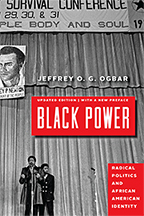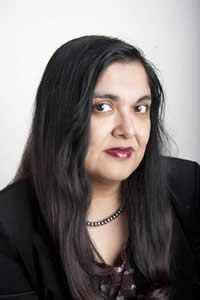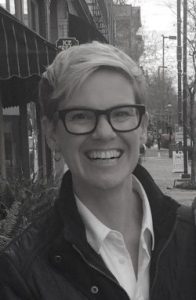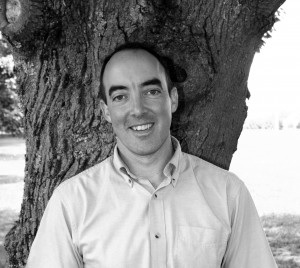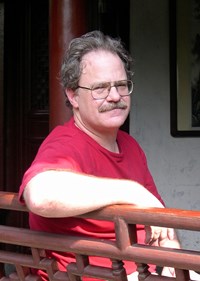The History Department is pleased to welcome Thoko Sipungu and Siyanda Ntlabathi who join us through the University Capacity Development Program (UCDP), a South African initiative with international partners in higher education that helps to develop the professoriate. In a parternship with UCONN Global and South Africa’s
Department of Higher Education and Training (DHET), the UConn History Department welcomes the second cohort or scholars in this exciting collaboration. We wish them a productive start to their semester at UCONN!
Thoko Sipungu, Visiting PhD Scholar, Rhodes University, South Africa 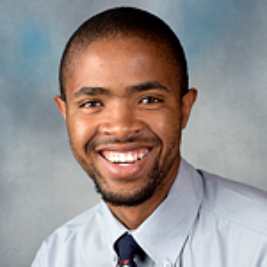
Sipungu is a lecturer in the Department of Sociology at Rhodes University. His research and teaching interests include the sociology of men and masculinities, sexuality/ies, disabilities, identity and belonging, and sociological theory. His research aims to theorize the significance of the ‘body’ and the place of disability in the construction of Xhosa masculinity/ies.
Siyanda Ntlabathi, Visiting PhD Scholar, University of Fort Hare, Eastern Cape, in South Africa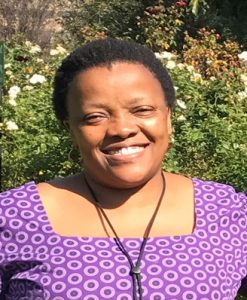
Siyanda works as Manager of the Teaching and Learning Centre, East London Campus at the University of Fort Hare. Her work involves Leadership, supporting Academics in Technology Enhanced Learning, Curriculum Development, Portfolio and ePortfolios development and Foundation Provisioning (Extended Curriculum) Support. This entails development and support through workshops, seminars, and one on one consultations. Siyanda has a Master’s in Education and is currently pursuing her PhD (DBA in Higher Education Management) with the University of Bath.
